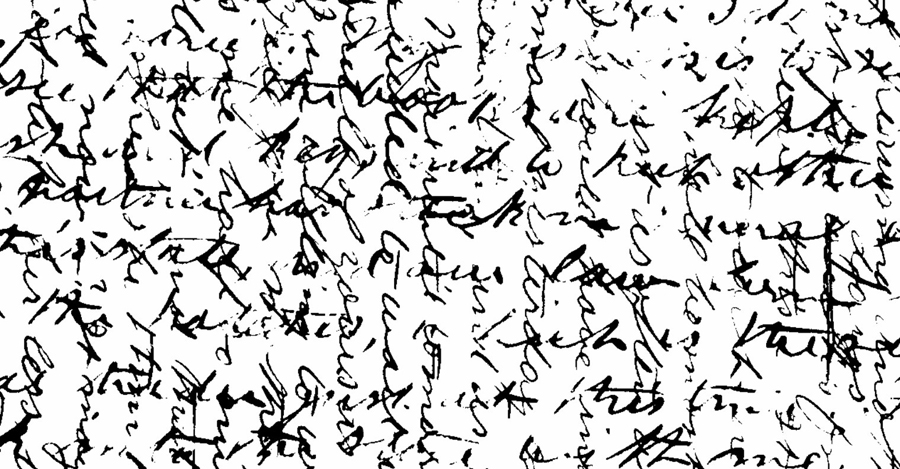Being a Historian is Like Being a Detective
4 Mars 2014 - 11:31am
 This month's blog theme will revolve around the concept of 'Canadian history's mysteries.'
This month's blog theme will revolve around the concept of 'Canadian history's mysteries.'
Educators are increasingly framing the historical investigation of particular events as a 'mystery', a moment in time where 'what really happened' is up for debate, encouraging their students to gather archival evidence and build an argument to 'solve' them. Websites like the Great Unsolved Mysteries in Canadian History site provide educators with one-stop support to deal with a host of historical cold crimes. Students can engage with 'document-based inquiry' through digitized and virtual sources that have been gathered for a series of events. Was Group of Seven member Tom Thomson's drowning accidental? Who first discovered Klondike gold? Who killed Ada Redpath and her son? Why was Marie-Joseph Angelique tortured and hanged?
The effect is quite pedagogically powerful: students learn that histories are partial and constructed. They learn to consider the source of evidence and potential bias embedded within archival material. They get to experience first-hand the reasons for the much-used 'in all likelihood.' Perhaps most importantly, students feel empowered to make their own claims, an essential characteristic of any budding historian.
What are your strategies for teaching historical thinking skills with Canadian history's mysteries?
We welcome your comments!
Photo Source: http://sheryltodd.blogspot.ca/2010_11_01_archive.html
- Se connecter ou créer un compte pour soumettre des commentaires

